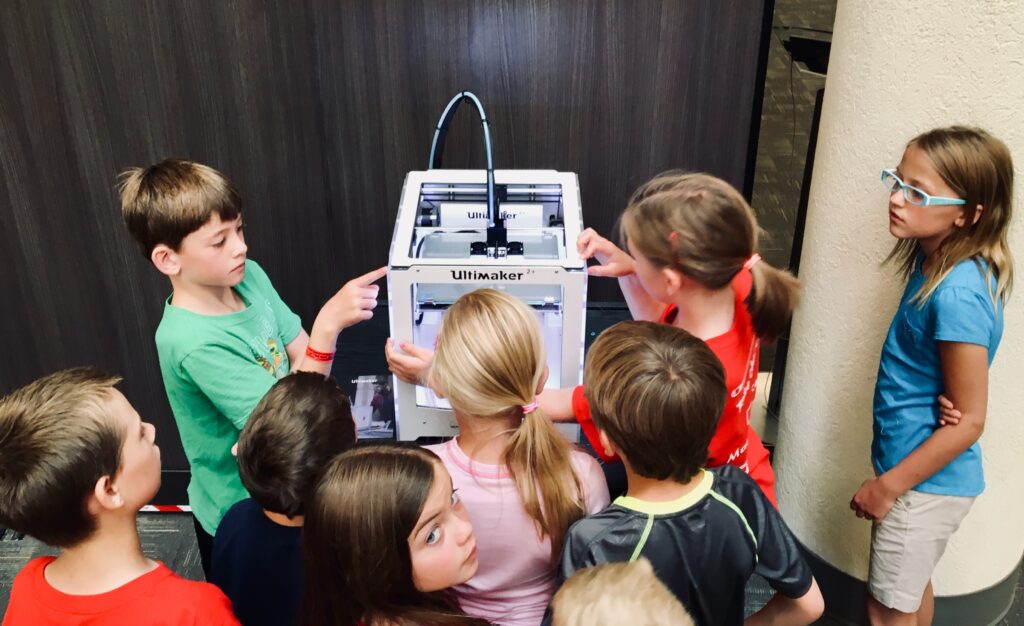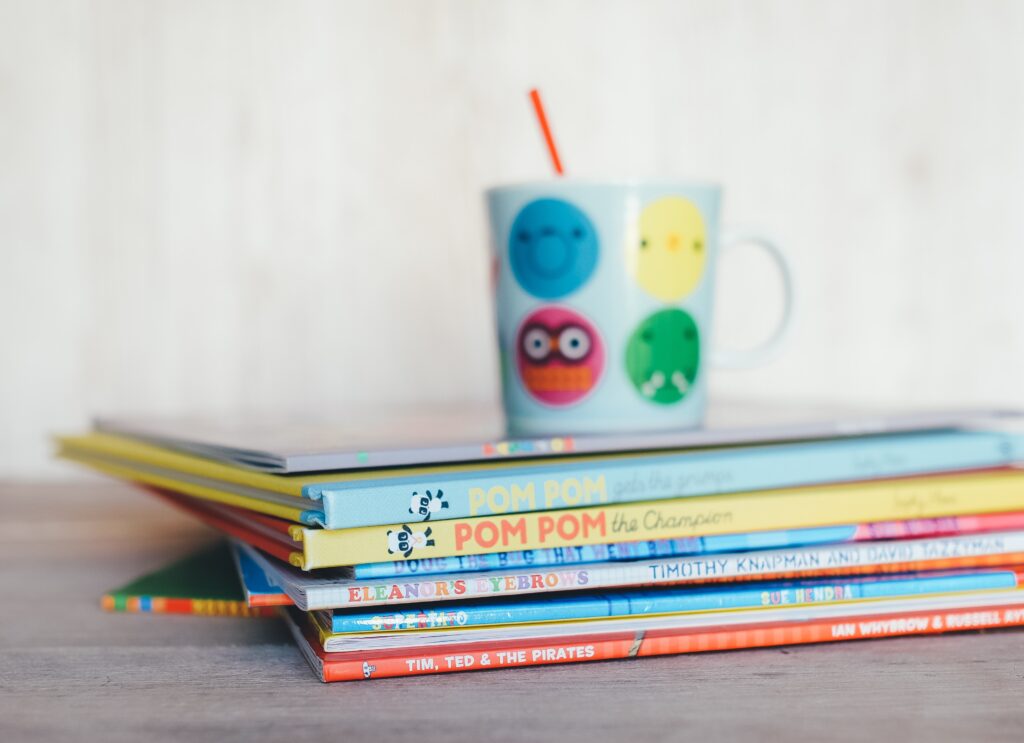Oh! Recently, I have heard many people say that Chinese is so difficult to learn! Is there any best way to learn Chinese online?
Learning Chinese online has become an increasingly popular choice for individuals seeking to embark on a journey of language mastery. With the rapid advancement of technology and the widespread availability of online resources, the best way to learn Chinese now lies at the fingertips of eager learners around the globe. (If you want to know more about Chinese learning, please feel free to click here!)
One of the key advantages of learning Chinese online is the flexibility it offers. Unlike traditional classroom settings, online platforms provide learners with the freedom to tailor their study schedule according to their personal commitments and preferences.
This flexibility allows individuals to learn at their own pace, ensuring that they can allocate sufficient time to grasp the intricacies of the language without feeling overwhelmed.
To make the most of online Chinese learning, it is crucial to choose a reputable and comprehensive platform. Look for platforms that offer a diverse range of learning materials, including interactive lessons, audio recordings, video tutorials, and practice exercises.
A well-rounded curriculum that covers all aspects of language acquisition, such as vocabulary, grammar, reading, writing, and speaking, is essential for achieving proficiency in Chinese.
One of the distinctive advantages of best way to learn Chinese online is the ability to access native speakers as teachers and conversation partners. Authentic interaction with native speakers helps learners develop a deeper understanding of the language, its nuances, and cultural contexts.

Through online platforms, learners can engage in one-on-one or group video sessions, where they can practice their speaking skills, receive immediate feedback, and immerse themselves in genuine Chinese conversations.
Supplementing online learning with language exchange programs or language learning communities can greatly enhance the learning experience. Joining online forums, chat groups, or language exchange platforms enables learners to connect with fellow enthusiasts or native speakers, fostering a supportive community of learners.
Engaging in conversations with peers and native speakers outside the virtual classroom environment adds a practical dimension to learning Chinese, enriching vocabulary, improving pronunciation, and building confidence.
Another key aspect of effective online Chinese learning is consistent practice. Regularly setting aside dedicated study time and engaging with the language daily is essential for making progress.
Online platforms often provide gamified learning experiences, encouraging learners to practice regularly and track their progress. Utilizing flashcards, language apps, or online quizzes can also be beneficial in reinforcing vocabulary and grammar concepts.
Lastly, it is important to stay motivated throughout the learning journey. Learning a new language requires dedication and perseverance. Setting achievable goals, celebrating milestones, and seeking out cultural immersion experiences can keep the flame of motivation burning.
Watching Chinese movies, listening to Chinese music, or exploring Chinese literature can provide a window into the rich tapestry of Chinese culture, while also deepening language comprehension.
In conclusion, the best way to learn Chinese online involves a combination of flexibility, comprehensive resources, interaction with native speakers, participation in language exchange programs, consistent practice, and staying motivated.
With the vast array of online tools and platforms available, aspiring Chinese learners can embark on an enriching journey that brings them closer to fluency in one of the world’s most fascinating languages.
Learning Chinese online has become increasingly popular due to its convenience, flexibility, and accessibility. With numerous resources available at your fingertips, mastering this intricate language has never been easier. To embark on this linguistic journey and maximize your learning potential, consider the following tips for the best way to learn Chinese online.
First and foremost, it is essential to choose a reputable online learning platform or course. Look for platforms that offer comprehensive curricula, interactive lessons, and engaging multimedia content. A well-structured course will guide you through the language step by step, ensuring a solid foundation in pronunciation, vocabulary, grammar, and writing.
To grasp the tonal nature of Chinese, incorporating audio and video components into your learning process is crucial. Seek courses that provide audio recordings of native speakers to familiarize yourself with the correct intonation and pronunciation. Similarly, video lessons can help you observe facial movements and body language, aiding in understanding context and cultural nuances.
Regular practice is the key to language proficiency, and Chinese is no exception. Dedicate consistent time to your studies, ideally on a daily basis, to reinforce what you have learned and improve your retention. Utilize the interactive features of online platforms, such as quizzes, flashcards, and exercises, to reinforce your knowledge and test your progress.
Immersing yourself in the language is vital for developing fluency. Online communities, language exchange platforms, and language learning apps can connect you with native Chinese speakers. Engaging in conversation with them will not only enhance your speaking skills but also expose you to colloquial expressions and cultural insights. Additionally, watching Chinese movies, TV shows, and listening to Chinese music will help you familiarize yourself with the language in its natural context.
Supplementing your online learning with additional resources can further accelerate your progress. Explore Chinese language podcasts, online dictionaries, and grammar references to deepen your understanding. Reading Chinese literature, news articles, and blogs will improve your reading comprehension and expand your vocabulary.
To truly master Chinese, it is essential to practice best way to learn Chinese online. Utilize online tools and apps that provide stroke order animations and practice sheets. Regularly writing characters by hand will reinforce your memory and understanding of their structure.
Finally, stay motivated and set achievable goals. Learning any language requires time and dedication, so celebrate your milestones and progress along the way. Join online communities of fellow learners, where you can share experiences, exchange tips, and find encouragement.
Learning Chinese online offers unparalleled flexibility and resources. By selecting a reputable platform, engaging with multimedia content, practicing regularly, immersing yourself in the language, and supplementing your learning, you will be on the path to becoming proficient in Chinese.
Best way to learn Chinese online embraces this enriching linguistic journey and unlocks a world of opportunities to connect with Chinese culture, people, and the vast realm of Mandarin.













